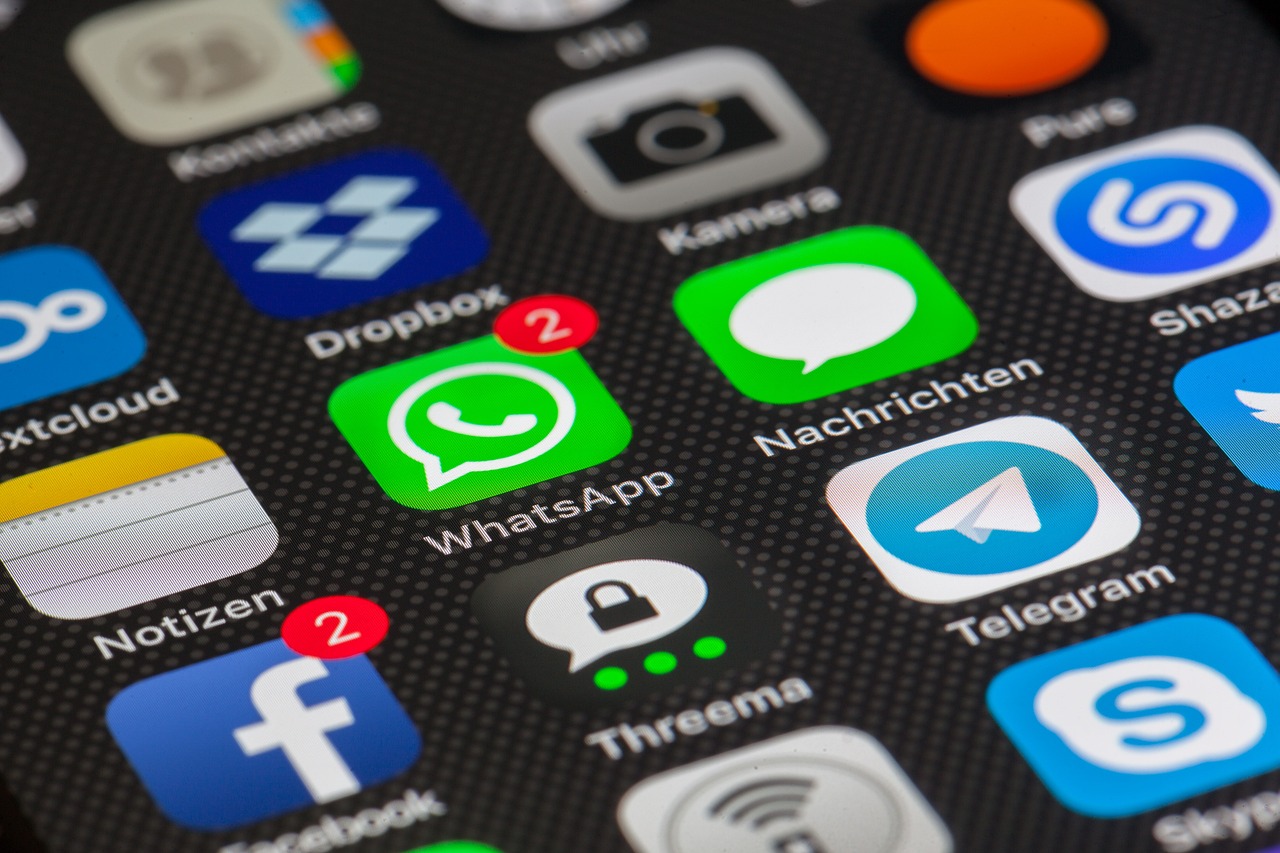In the age of boost social media, the desire to gain more followers has become a prevalent phenomenon. People from all walks of life, whether they are influencers, businesses, or everyday users, are constantly seeking to increase their following. This pursuit isn’t just about vanity; it is deeply rooted in the human need for validation, social connection, and influence. The desire for more followers is often driven by a combination of personal, psychological, and societal factors that shape how we interact in the digital world.
1. Social Validation and Self-Worth
One of the most powerful motivations behind the quest for followers is the need for social validation. Humans are inherently social creatures, and our sense of self-worth is often shaped by how others perceive us. Social media platforms, such as Instagram, Twitter, and TikTok, provide a direct feedback loop in the form of likes, comments, and follows. Each new follower is often viewed as a small affirmation of one’s identity and value.
For many, the number of followers can become a symbol of success, popularity, and influence. It’s no surprise, then, that some individuals see a higher follower count as a measure of their social status. A larger following can provide a sense of accomplishment and recognition, reinforcing the idea that they are valued and important in the digital space.
2. Influence and Power
The digital age has democratized influence. In the past, the ability to influence public opinion or trends was reserved for celebrities, politicians, and other prominent figures. Now, anyone with a large enough following on social media can exert influence over a wide audience. This influence is not only sought after by public figures but also by everyday people, entrepreneurs, and brands aiming to shape opinions, trends, or behaviors.
For influencers and content creators, more followers mean greater potential for monetization, partnerships, and brand deals. Companies are increasingly looking to collaborate with individuals who have a significant social media presence, regardless of their celebrity status. A large following translates to increased visibility and the potential to sway consumer choices or opinions, thus amplifying one’s influence in both personal and commercial realms.
3. The Need for Connection
Another reason why people seek more followers is the desire for connection. In an increasingly isolated world, social media provides a platform for individuals to form relationships, share experiences, and engage with others who have similar interests. Gaining followers can be seen as an opportunity to expand one’s social circle and create meaningful connections, even if those connections are virtual.
The rise of niche communities on social media platforms has made it easier for people to connect over shared hobbies, values, and passions. For example, someone interested in fitness may follow others who share workout routines, while a music enthusiast may follow musicians or other fans. These connections can provide a sense of belonging, which is a fundamental human need.
4. The Fear of Missing Out (FOMO) and Social Comparison
The pressure to accumulate followers is also driven by the fear of missing out (FOMO) and social comparison. As social media showcases the best moments of people’s lives, many users begin to compare themselves to others, particularly those with larger followings. The constant exposure to curated content can make individuals feel that they need to keep up with their peers or competitors, pushing them to focus on increasing their follower count as a way to stay relevant.
Moreover, social comparison can create a sense of competition, where people strive to outdo others in terms of popularity, engagement, or content creation. This dynamic can fuel an ongoing desire to gain more followers, even if the person doesn’t fully understand the motivations behind it.
5. The Impact of Algorithms and Visibility
Finally, social media algorithms play a significant role in encouraging people to seek more followers. These platforms often prioritize content that receives higher engagement, meaning posts that garner more likes, comments, and shares are more likely to be seen by a wider audience. This creates a feedback loop: the more followers someone has, the more likely their content will be seen, which in turn can lead to even more followers.
For businesses, influencers, and creators, this cycle is essential to maintaining visibility and staying relevant. The desire for more followers is not just about self-image but about ensuring that their content remains in the spotlight. The algorithm-driven nature of social media means that without a substantial following, even the best content can go unnoticed.
The pursuit of more followers is a complex and multifaceted phenomenon that reflects deeper psychological and societal needs. Whether it’s for validation, influence, connection, or visibility, the desire to gain followers taps into fundamental human desires. However, this pursuit can also have its downsides, including the pressure to maintain an idealized digital persona or the feelings of inadequacy that come with social comparison. Ultimately, while gaining more followers can offer a sense of accomplishment and recognition, it is important to balance these external rewards with internal fulfillment and authenticity in our online interactions.



